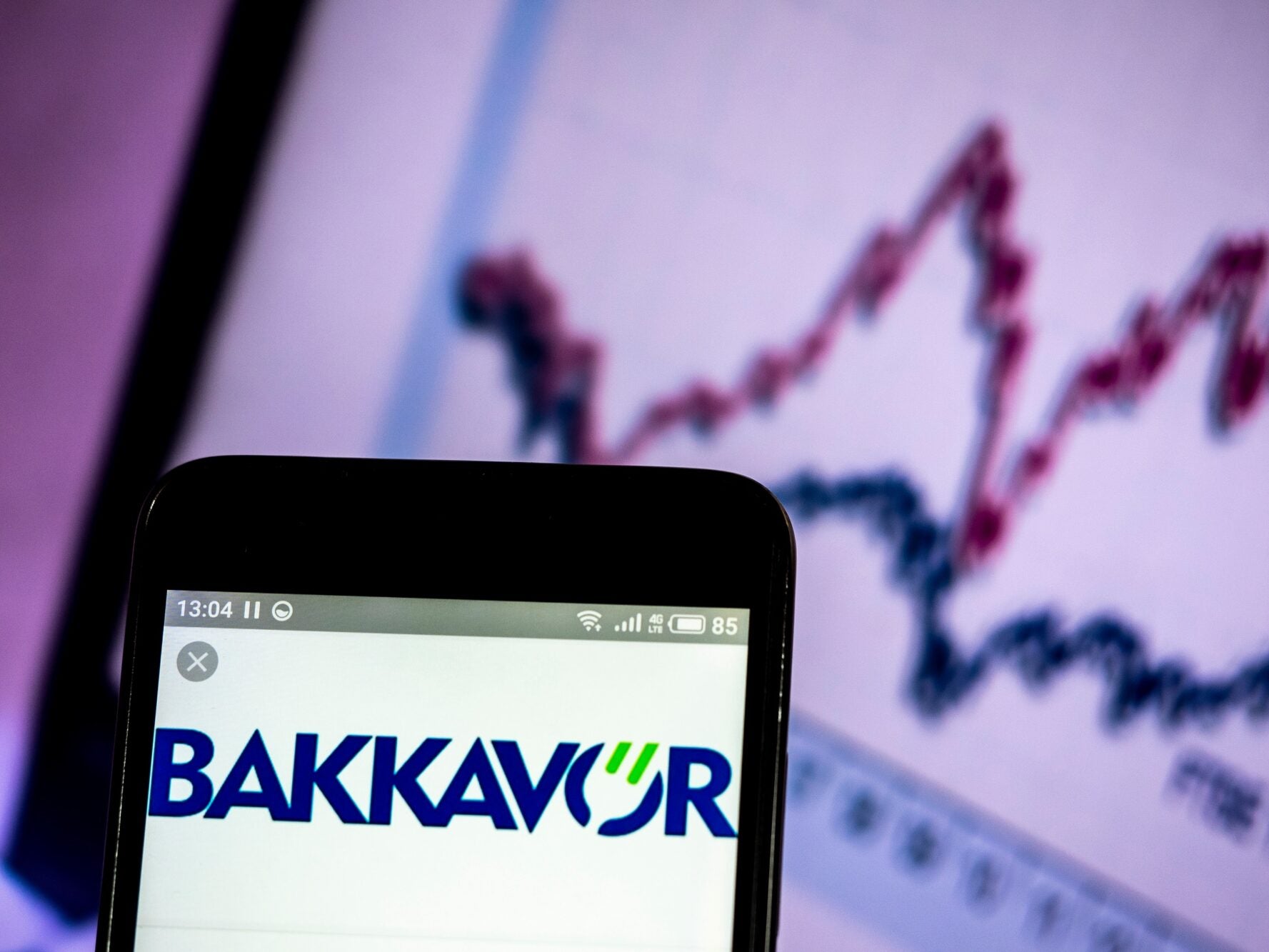
Bakkavör has outlined the UK pressures from wage and energy inflation, along with rising interest rates as pricing is likely to continue to weigh on volumes.
The London-listed private-label supplier of ready meals, packed salads and pizza, which counts the UK as its largest market, said increasing interest rates cost the business £4.4m ($5.5m) in the first half, offset by lower debt levels.
UK volumes dropped 1% in the six months to 1 July, with the operating margin down 20 basis points, Bakkavör reported today (6 September). The 7.6% rise in in-country revenue to £913.7m was entirely driven by pricing.
While the business tweaked its inflation expectations down to the “lower end” of the previously guided range of 6-8% for 2023, Bakkavör suggested both energy and labour costs are going to remain key potential headwinds.
“We are still going to be inflationary in the second half. Any notion of deflation is just a long way off, and also, we are seeing pressure on underlying core volume,” CEO Mike Edwards told an analyst presentation.
“The cost-of-living crisis that we’re all facing into is really disrupting things. It’s disrupting consumers and it’s also disrupting retailers in terms of their behaviours.”
CFO Ben Waldron emphasised how coming out of previously locked-in beneficial hedges for energy and gas will cost Bakkavör £25m this year as the business becomes “exposed to current market pricing”. And a further £8m in the first quarter of 2024.
Waldron explained the second pressure is labour inflation, as he said the UK national living wage had increased 33% since March 2019.
“We don’t expect that change in direction of travel and so rates of pay will continue to remain inflationary,” he added. “Whilst we’ve seen this tidal wave of inflation grow over the last few years, we are cautiously optimistic that the situation will ease in the months ahead.”
Bakkavör has incurred £91m “worth of inflation” so far this year, on top of £230m in 2022, with the former representing an “increase of around 10% of our entire cost base”, Waldron said.
Edwards added that £79m has been recovered this year through pricing, with price recovery now at an 87% ratio. “I would say on the whole, over the 18 months, we’re recovering around 80% of any inflation,” he said.
However, Edwards ruled out any further price increases, at least for this year.
“It’s fair to say that we’re not in live conversations now about putting prices up with customers because we’ve had the energy and labour conversations earlier in the year. So we’ve got line of sight on that, which gives us some of that confidence in terms of the run out to the end of the year,” he explained.
“I’m talking about the here-and-now, not the future. When inflation is hitting this business, we have to put prices up. When we get new inflation coming through, we will absolutely go and discuss it and recover it with customers.”
Bakkavör also serves the bread, fresh fruit and desserts categories in the UK.
Desserts, however, is “the weakest performing in the context of the market”, Edwards said. “It is the ultimate discretionary purchase – people do not have to put a dessert in their backet.”
He added “the more resilient performance” is in ready meals, Bakkavör’s largest category, but still “slightly regressive in terms of volume”.
Edwards also gave a sense of the supply challenges from this year’s extreme weather events in Europe, melons and tomatoes, for instance.
“The biggest challenges we have are weather related and it’s all about extreme weather patterns. So this year we’ve struggled terribly for melon – massive rainfall in Spain in spring destroyed a lot of crop and the crop that was left was poorly yielding.”
He also warned of potential shortages of tomatoes from Morocco due to extreme summer temperatures.
“These extreme weather patterns that are hitting us, they’re here to stay – global warming is actually a real thing. We’re going to have to face into this going forward and continue to use the strength of our supply chain to pick our way through this,” Edwards suggested.
